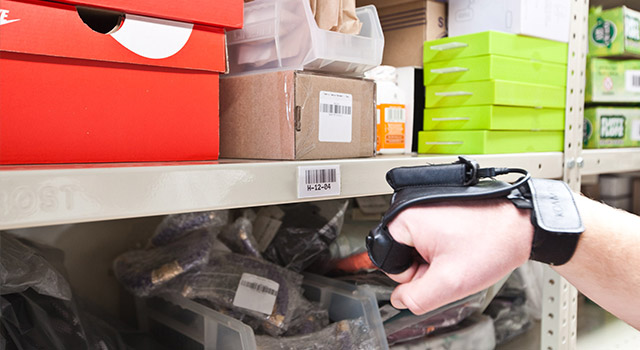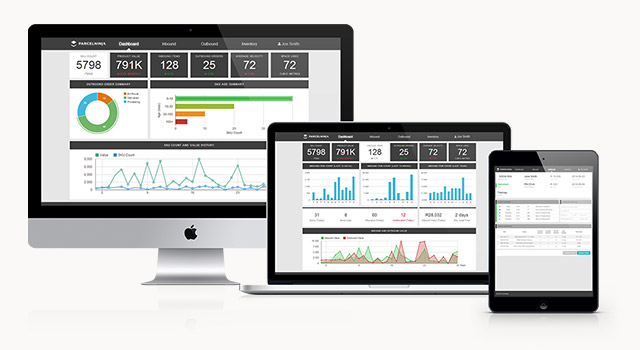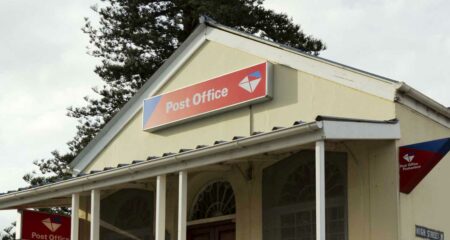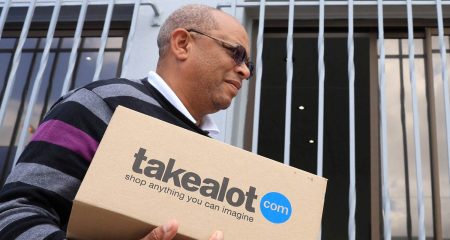
A Johannesburg start-up has been launched to take charge of the storage and distribution needs of e-commerce companies in South Africa.
ParcelNinja was formed when online shopping website Wantitall decided to take charge of its logistics infrastructure to improve its own service and delivery times.
ParcelNinja has been in development for the past three years and is already used by Superbalist.com, the design and apparel online retailer that was bought by Takealot.com in August, and several others.
“We have been building ParcelNinja for about three years and have been using the technology on our own platforms to ensure it would be ready for the public launch,” says co-founder Justin Drennan, who is also one of the founders of Wantitall.
Drennan says that for Wantitall, importing goods from the US was a logistical nightmare. This forced the company to develop a supply chain methodology to deliver products from the US to South African customers.
The company also needed a system that would allow it to pick a number of small items, put them together, and ship these to a customer. He says Wantitall needed a way to process the last leg of logistics easily and built a system to facilitate the process.
“There is no one really focusing on helping small and medium businesses to get products to customers and we wanted to build a warehouse in the cloud, that anyone can make use of,” says Drennan.
This prompted him and his team to build a multi-tenant warehouse that allows any business to store their stock and, by way of a custom-built backend ordering and management system, lets ParcelNinja pack and deliver that product on behalf of an e-commerce store.
ParcelNinja also shops around for the best courier prices in real time so that e-commerce owners always pay the best rate for delivery. Because deliveries are bulked together, the company is able to get better rates from couriers.
The team behind ParcelNinja travelled the world to learn about the best warehousing practices from leaders in this space, including Walmart.
The ParcelNinja warehouse is completely paperless. It uses iPod touch devices linked to Bluetooth scanners to record, track and ship packages.
The software that drives ParcelNinja’s logistics and warehouse services was developed by the team, says Drennen.
There are three ways for South African companies to integrate with ParcelNinja’s warehouse. Small companies that don’t know much about technology or that don’t receive many orders do not have to integrate directly. Rather, they log into the backend when they receive an order, complete the relevant order details, and ParcelNinja will handle fulfilment.
Website owners can incorporate online shopping platforms Shopify and UAfrica, allowing an automated process of product despatching once an order has been placed. Magento is also supported.

Custom-developed e-commerce stores can also make use of ParcelNinja’s application programming interface to connect directly to the warehouse.
ParcelNinja allows e-commerce sites to perform real-time stock checking. They can combine orders and reserve stock, as well as optimise the delivery route if needed. “These are things you won’t be able to do as a normal e-commerce provider,” says Drennan.
The company can do same-day deliveries in Johannesburg if an order is placed before 11.30am. ParcelNinja is working to expand this to other cities as demand increases, but this is still a while off.
It’s now looking for developers to build third-party applications on top of the warehouse to enhance the capabilities of the platform further.
ParcelNinja is not just targeting small to medium e-commerce businesses. It’s also hoping to attract large e-commerce players and traditional bricks and mortar stores, says Drennan.

There are no minimum requirements to make use of ParcelNinja and it has a fully fledged self-service option to allow companies with only one or two orders a day to derive value from it.
Prices vary based on size of the business, but storage starts at around R120/month for a cubic meter (that works out to about R2 to store a boxed iPad), while the cost for same-day deliveries is about R38.
Products are packed and shipped as if it is done by the e-commerce business fulfilling the order.
While there are no plans for ParcelNinja to make deliveries by drone — or at least not yet — Drennen says the plan by early next year is to fulfil deliveries within an hour from order in the Johannesburg area. — © 2014 NewsCentral Media




